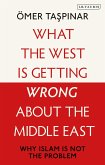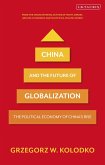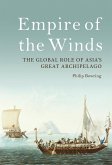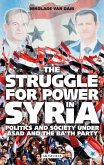Central Asia has become the battleground for the major struggles of the 21st century: radical Islam versus secularism, authoritarianism versus identity politics, Eastern versus Western control of resources, and the American 'War on Terror'. Nowhere are these conflicts more starkly illustrated than in the case of Tajikistan. Embedded in the oil-rich Central Asian region, and bordering war-torn Afghanistan, Tajikistan occupies a geo-strategically pivotal position. It is also a major transit hub for the smuggling of opium, which eventually ends up in the hands of heroin dealers in Western cities. In this timely book, Lena Jonson examines Tajikistan's search for a foreign policy in the post 9/11 environment. She shows the internal contradictions of a country in every sense at the crossroads, reconciling its bloody past with an uncertain future. She assesses the impact of regional developments on the reform movement in Tajikistan, and in turn examines how changes in Tajik society (which is the only Central Asian country to have a legal Islamist party) might affect the region.
The destiny of Tajikistan is intimately connected with that of Central Asia, and this thorough and penetrating book is essential reading for anyone seeking to make sense of this complex and important region.
The destiny of Tajikistan is intimately connected with that of Central Asia, and this thorough and penetrating book is essential reading for anyone seeking to make sense of this complex and important region.









